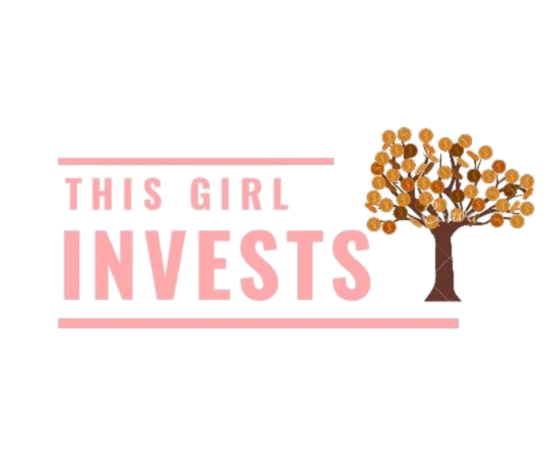7 things I wish I knew about pensions when I started my first job
1. Your pension doesn’t sit in cash – it’s INVESTED!
A lot of times we fear starting our investing journey but little do we know that our future retirement pots are already invested! When I got my first job I had no idea that the money my employer was putting into my pension each month was being invested into shares and bonds. I know I’m not alone in this experience! The reason behind the cash being invested is that cash loses value year on year to inflation and therefore, investing the cash gives it potential for growth beyond inflation.
2. There are different TYPES of PENSIONS
Pensions that are provided by your employer are known as “Employer Pensions” or “Workplace Pensions” and those opened outside of work are “Personal Pensions”.
There are two key types of employer pensions:
a. Defined Contribution Pensions – where you and your employer put a % of your salary into a pension fund but the final benefit when you retire is uncertain. Your final pot amount depends on how the market and hence, your investments perform.
b. Defined Benefit Pensions – where your employer gives you a pension benefit that is pre-determined. Your final pot is certain and depends on factors such as how many years you’re worked at the business and your salary. *Note that these pensions are rare these days and are mainly provided by organisations such as the Civil Service or the NHS.
3. You can get FREE MONEY from your employer
Yes, you heard me right. FREE MONEY! In the UK, employers are legally required to contribute 8% of your annual salary into a defined contribution pension fund on your behalf.
Of the 8%, 5% of this is your own money (employee contribution) being sent into a pension pot. However, 3% of this is free money on top of your salary (employer contribution)!
Some employers even incentivise their staff to contribute more into their pension pots by increasing the % they would put into your pension pot.
For example, if you increased your contribution from 5% to 10% your employer might match that and give you 10% on top. It really depends on each employer, so worth getting in touch with your HR department to find out more because you could be missing out on FREE MONEY! 😊
4. TIME is a gamechanger when it comes to PENSIONS
If you play the game right and contribute year on year from when you first start working, you could really boost your pension pot! For example, someone paying in £213 per month age 20 could end up with a pension pot of £169,000 (approximately!). However, if you wanted to save the same amount and started saving for the future in your 40s, you'll need to contribute £384 per month. The longer you delay contributing into a pension, the more you’ll have to save on a monthly basis. Start early – you won’t regret it! *
5. Pensions are TAX-EFFICIENT
Pension contributions are TAX-FREE – so that means if you were due £100 but got taxed 20% and only received £80 in your bank account, but you put those £80 into a personal pension, HMRC would top up your pension pot with the £20 it taxed! The same applies to your employer pension, where the contributions get sent into the pension pot before being taxed!
Each year you are entitled to put £40,000 into a pension fund tax-free! Get saving, ladies!
6. State Pension is only £700 per month!
You only receive State pension at the age of 67 and it currently is only £175.20 per week!
If you haven’t worked enough years to pay enough National insurance contributions, the state pension could be even less! Therefore, it is not enough to rely on a State Pension to live a happy retired life (£700 per month!)– Employer Pensions and Personal Pensions are crucial too!
7. Each employer will create a NEW Pension fund for you – things can get MESSY!
If you are someone that moves around jobs quite a lot, then you may have lost track of all the pension funds you hold with different providers. Maybe you had some post when you first started the job but stacked it in the “tomorrow” batch and never had a chance to look at it. It certainly can feel like a problem for another day, but trust me, it can be a long process to try and track your previous pensions when you’re close to retiring and need the money.
Tools such as PENSIONBEE are SO useful to simplify the process and have all your pension pots in one place. They are FCA Regulated and FSCS compliant but the cherry on the cake is how TRANSPARENT they are. They help you consolidate all your pension pots into one place – taking the stress away from consolidating pensions and making the process of tracking your pension so much easier!
If you want to learn more about pensions, head to PENSIONBEE’s Knowledge Centre: https://www.pensionbee.com/pensions-explained
As with all investments, your capital is at risk. Pensions can go down in value as well as up, so you could get back less than you invest.
This blog post is sponsored by PensionBee, UK's leading online pension provider. As always, all ideas and opinions are my own.
*source: https://www.which.co.uk/money/pensions-and-retirement/starting-to-plan-your-retirement/how-much-will-you-need-to-retire-atu0z9k0lw3p
